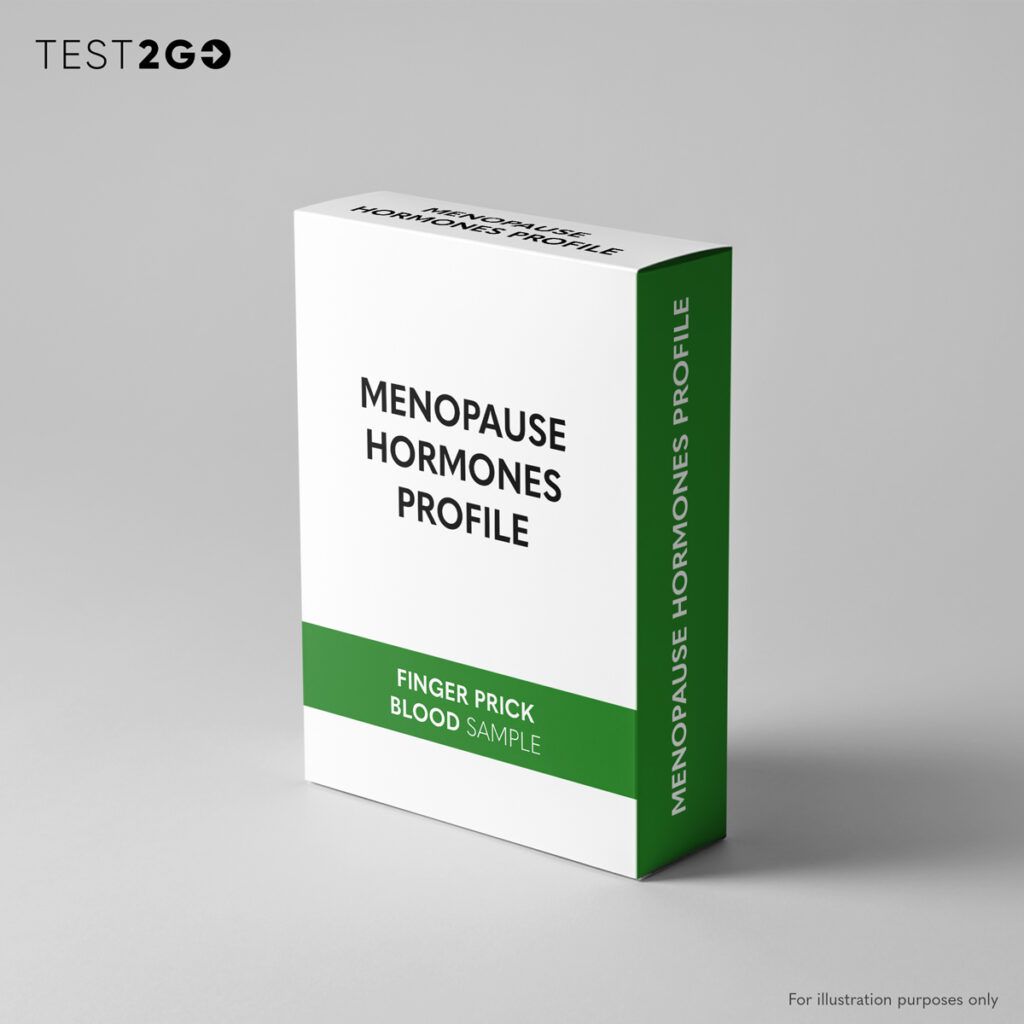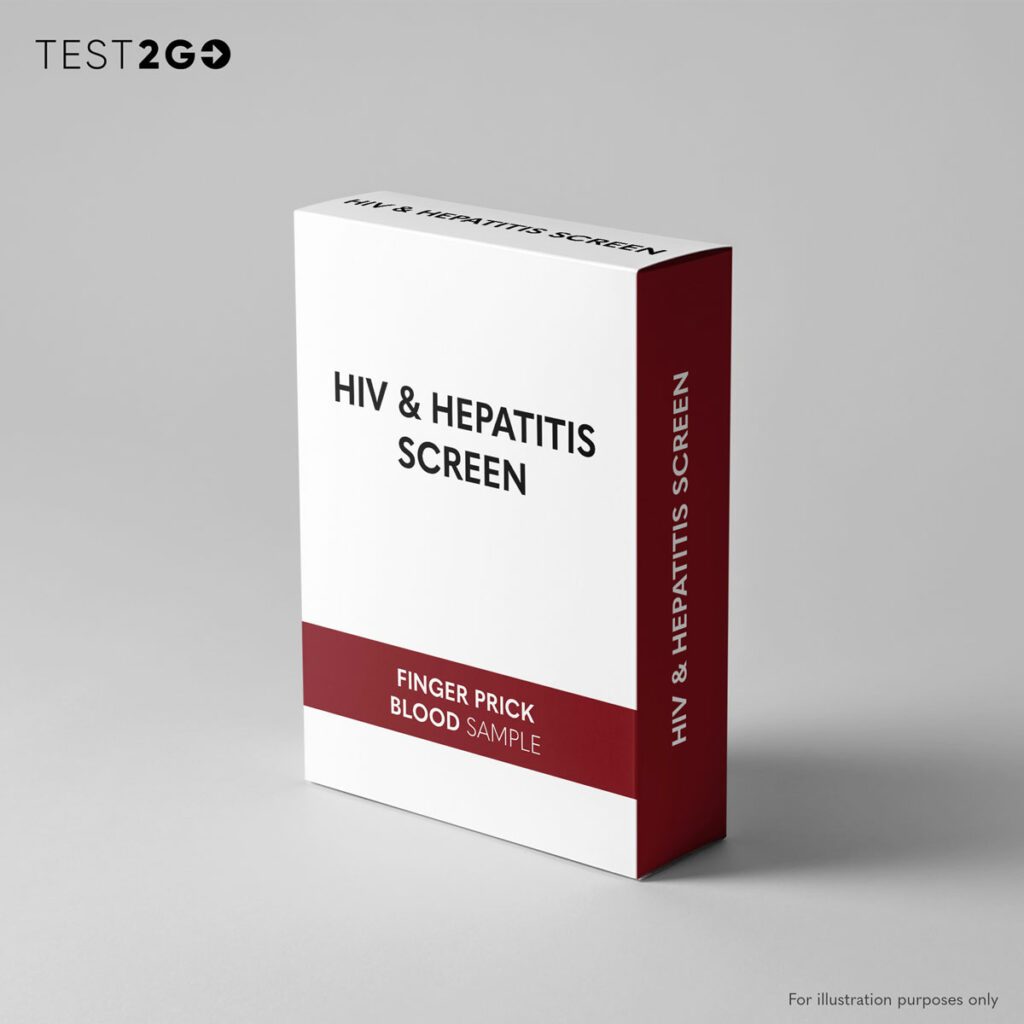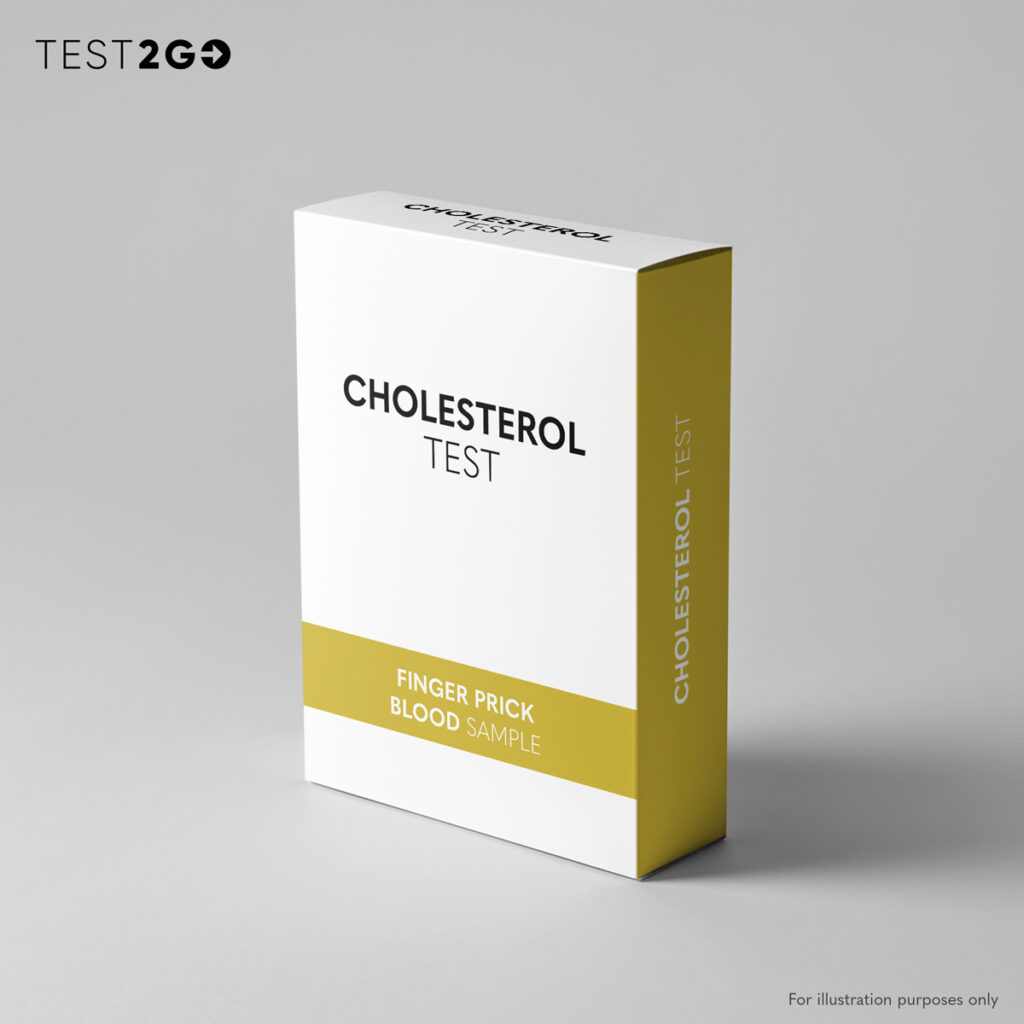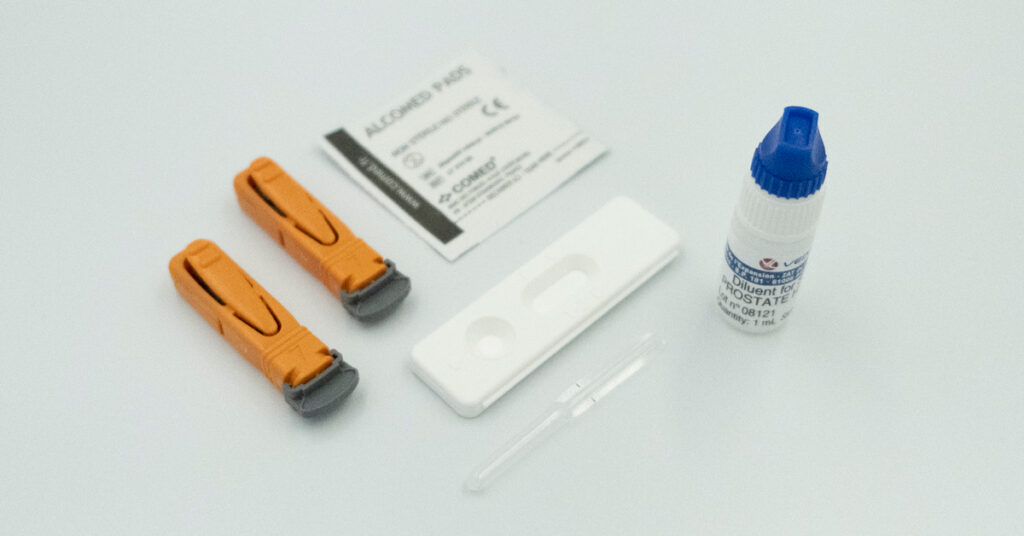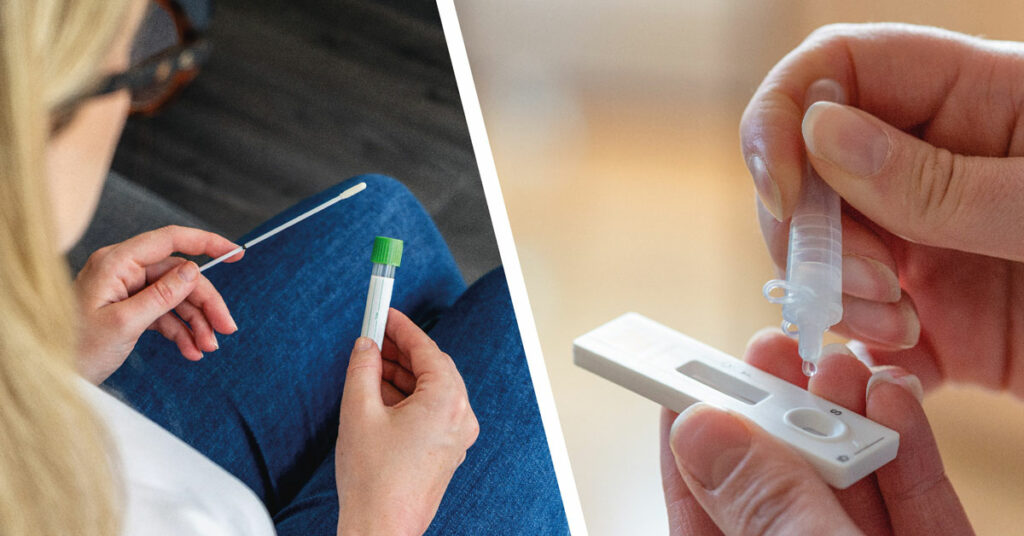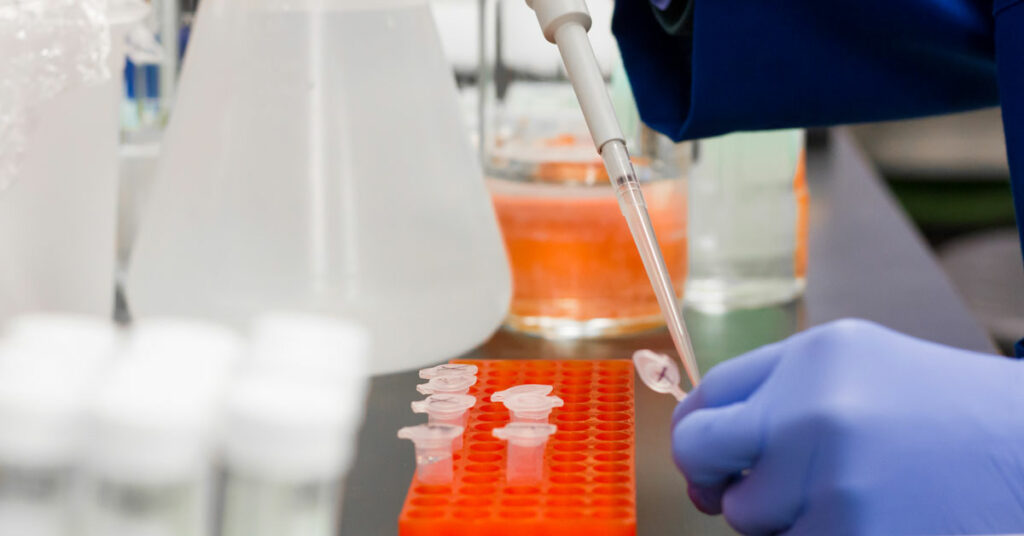High cholesterol levels can increase your risk of circulatory and heart diseases, such as heart attacks, strokes and vascular dementia.
What is a high cholesterol level?
Cholesterol is a fatty, waxy substance produced naturally in the liver and used by all your body’s cells. You need some cholesterol to build healthy cells, but too much cholesterol in your blood can increase the risk of heart and circulatory diseases.
If you have high cholesterol levels, this can lead to fatty deposits developing in your blood vessels. These deposits will grow over time and make blood flow through the arteries difficult. These deposits can also break suddenly, forming a clot that can cause a heart attack or stroke.
High cholesterol can be preventable and treatable if unhealthy lifestyle choices cause it. However, it is also sometimes inherited.
Why is high cholesterol bad for you?
Non-high-density lipoproteins (non-HDL), also known as bad cholesterol, take cholesterol from the liver to the cells in your body. Too much of this can harm you as it sticks to the inside walls of your arteries leading to a build-up of fatty material (atheroma). This makes it harder for blood to flow through, leading to a heart attack or stroke.
If your total cholesterol level is high, it can mean that you have a large amount of non-HDL cholesterol in your blood.
What should my cholesterol level be?
There is no specific target for cholesterol levels as such, as your doctor will take certain other things into account when looking at your risk of developing heart and circulatory disease.
However, saying this, the NHS does have a guide to what they consider to be healthy cholesterol levels, although they do caveat with the wording “this is just a guide”:
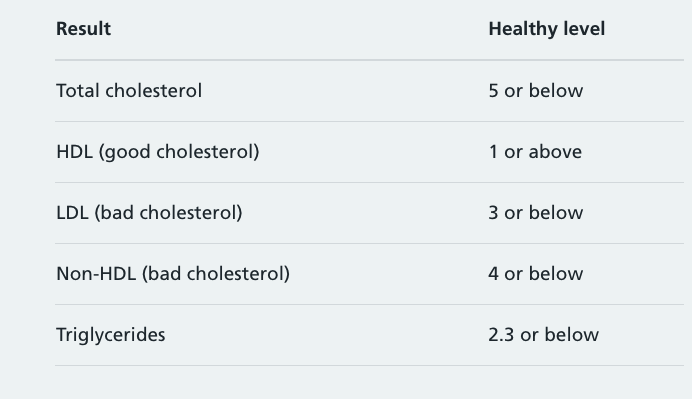
As mentioned above, this is just a guide, and the levels of cholesterol you aim for might be different, so it is best to check with your doctor or nurse.
What causes high cholesterol?
Anyone can suffer from high cholesterol, caused by many different things, some of which can be controlled (lifestyle habits) and some that you can’t.
Things that cause high cholesterol that you can control include:
- overeating saturated fat
- having too much body fat, especially around your middle
- not being active enough
- smoking
Things that cause high cholesterol that you can’t control include:
- ethnic background
- Familial Hypercholesterolaemia (FH)
- getting older
- if you are male or female
- kidney or liver disease
- an underactive thyroid gland
Signs and symptoms of high cholesterol
No typical signs or symptoms are associated with high cholesterol, so you must check your cholesterol levels regularly. It is a hidden risk factor that happens without us knowing.
You can quickly test your cholesterol levels at home with the Test2Go Cholesterol Level Test – with results in minutes.
If the results of this test indicate high cholesterol levels, then you should speak to your doctor for further advice and see if further tests are necessary.
Buy an At-Home Cholesterol Test
References
- National Heart, Lung and Blood Institute – What is blood cholesterol?
- NHS – High Cholesterol
- NHS Inform – High Cholesterol Illnesses and Conditions



